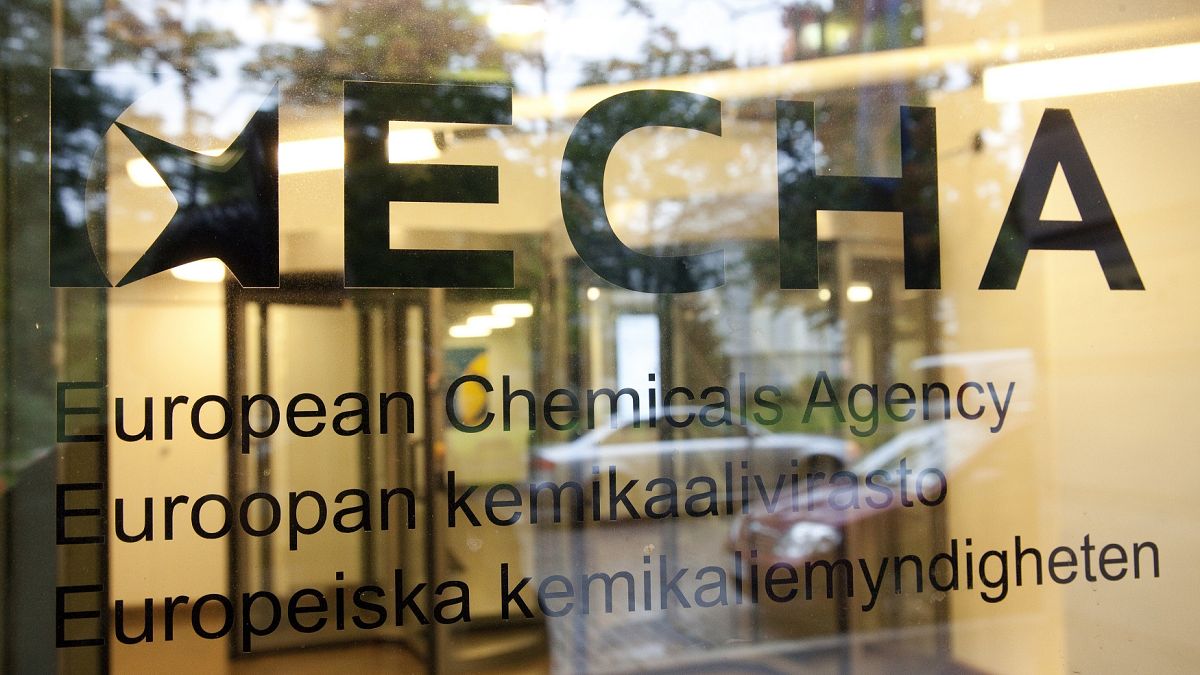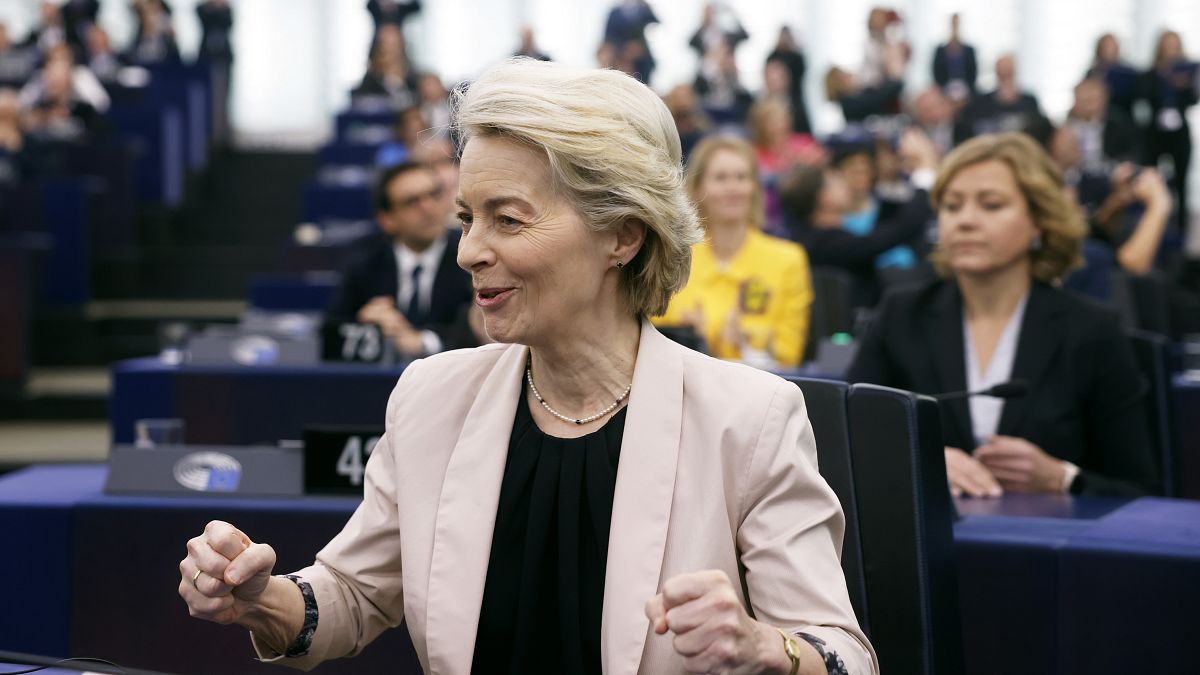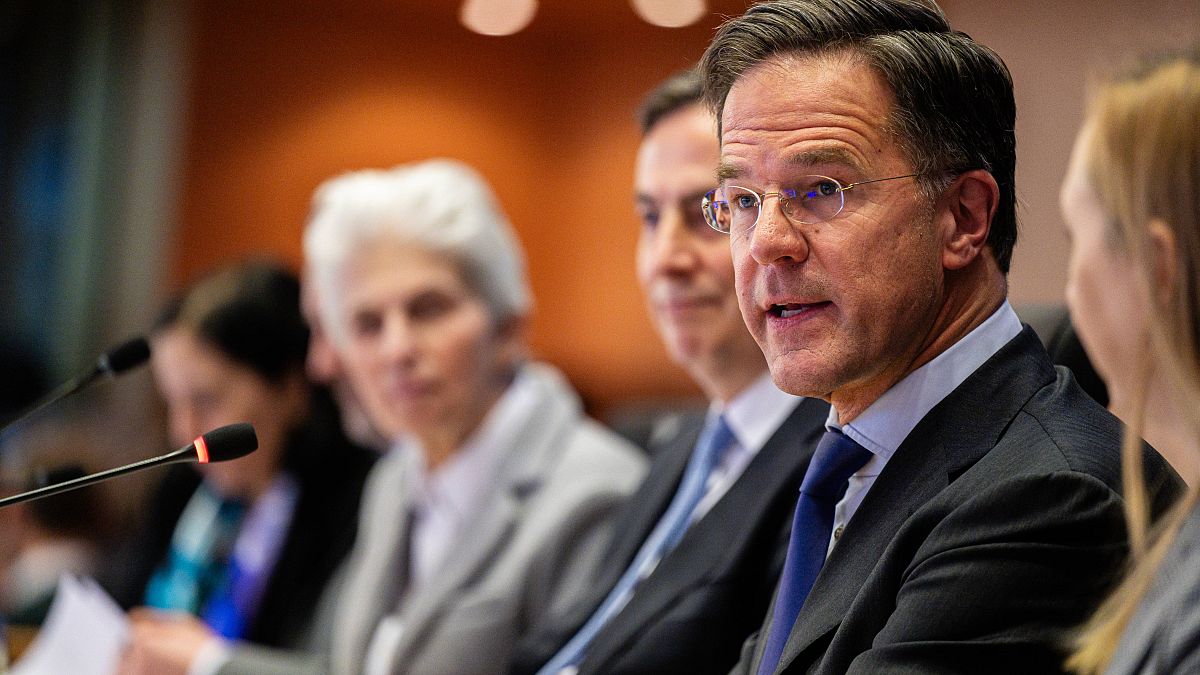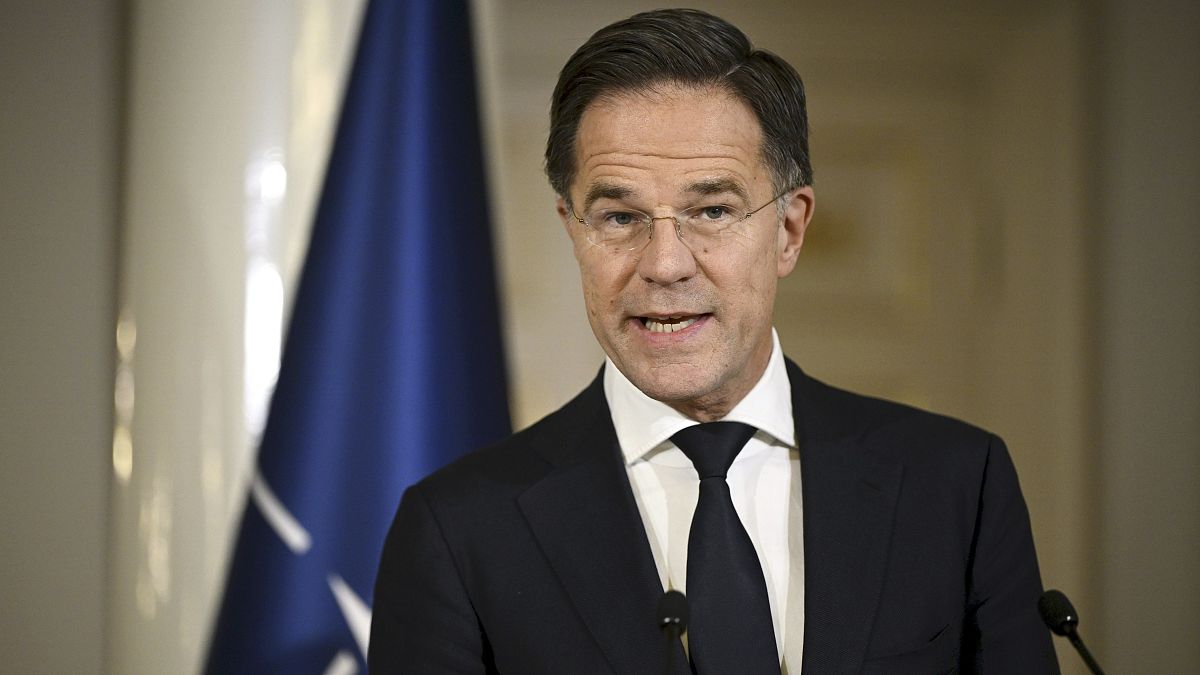Last week, the European Commission confirmed a German press agency DPA report revealing that European Commission president Ursula von der Leyen had been hospitalised for a week due to severe pneumonia.
Why did the European Commission choose not to disclose Ursula von der Leyen’s hospitalisation for pneumonia? Why did von der Leyen not delegate authority to her deputy, Spanish commissioner Teresa Ribeira, when she was ill? Does it denote a culture of secrecy at the commission or suggest von der Leyen’s unwillingness to delegate power?
Today Radio Schuman answer these questions with Euronews reporter Gerardo Fortuna.
Last week, the European Commission confirmed a report by the German press agency DPA that President Ursula von der Leyen had been hospitalised for a week due to severe pneumonia. This sparked criticism from Brussels journalists, as spokespeople had not disclosed the hospitalisation, stating only she had severe pneumonia but was still able to fulfil her duties.
Despite her condition, von der Leyen did not delegate her responsibilities to her deputy, Teresa Ribera, as protocol dictates, though she cancelled appointments, avoided public engagements, and remained largely silent during key events, such as former US President Donald Trump’s announcement about Greenland.
Yesterday, an EU executive spokesperson defended the decision, arguing that the severity of her condition had already been communicated, making further disclosures unnecessary.
In the other segments of the podcast, we have a look at an important meeting in Finland as well as beaches to visit during the winter period.
Radio Schuman is hosted and produced by Maïa de la Baume, with journalist and production assistant Eleonora Vasques, audio editing by David Brodheim. Music by Alexandre Jas.













